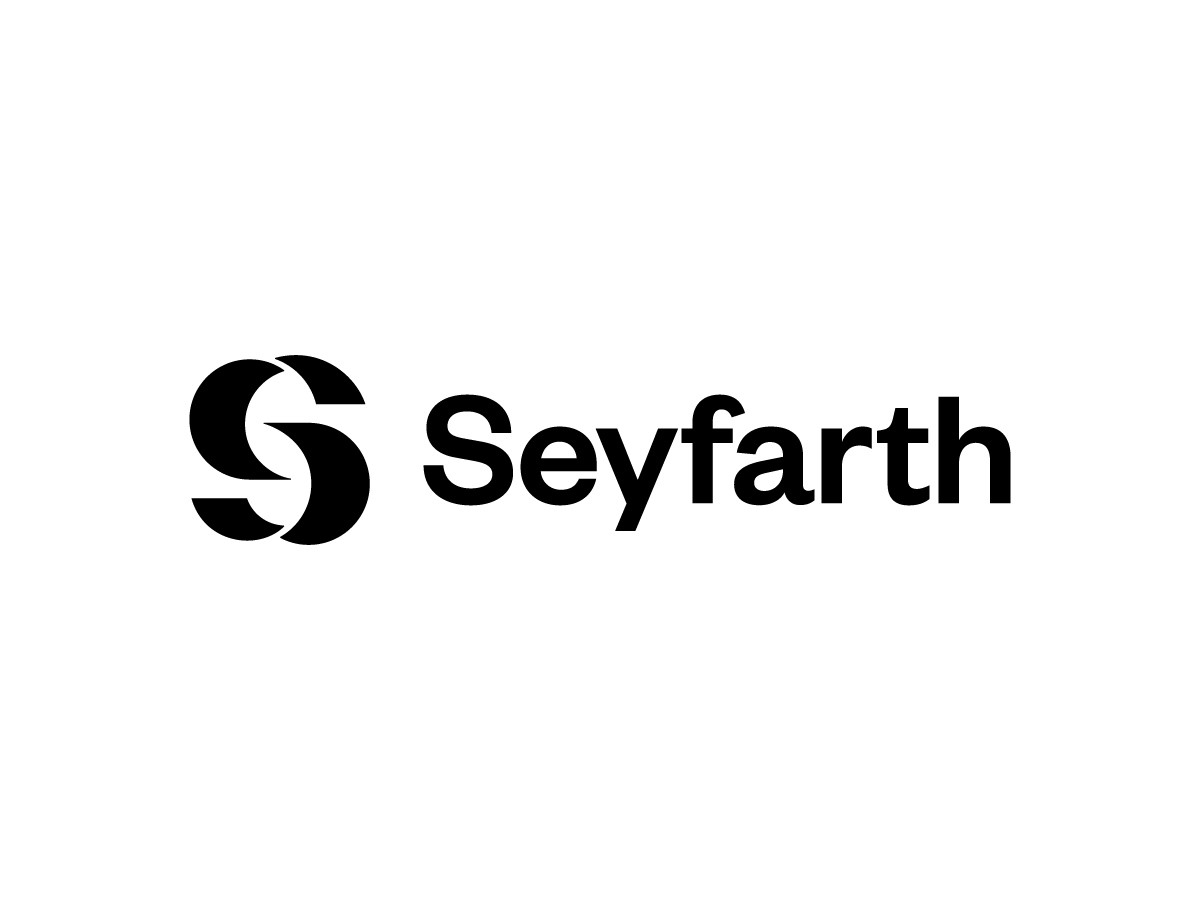USPTO to Crack Down on ‘Incremental’ Patents in Response to Biden Executive Order’s Drug Pricing Mandate
“The USPTO will protect against the patenting of incremental, obvious changes to existing drugs that do not qualify for patents.” – USPTO-FDA joint blog post
The U.S. Patent and Trademark Office (USPTO) yesterday announced in a joint blog post with the Food and Drug Administration (FDA) that the Office plans to execute a number of initiatives aimed at lowering drug prices, as directed in July 2021 by President Joe Biden’s “Executive Order on Promoting Competition in the American Economy.” The announcement came via a blog post jointly authored by USPTO Director Kathi Vidal and Food and Drug Administration (FDA) Commissioner Robert M. Califf.
Biden’s Executive Order in part encouraged curbing some pharmaceutical companies’ practices, such as so-called pay-for-delay settlement agreements between brand pharmaceutical companies and generics manufacturers. The Order called for the USPTO and the FDA “to leverage [their] collective expertise in promoting innovation, competition, and the approval and regulation of safe and effective drugs to help provide relief to American families at the pharmacy.”
According to yesterday’s blog post, the agencies have now “completed an exchange of letters outlining numerous initiatives to execute on the President’s agenda. These initiatives will strengthen our relationship and expand the resources available for assessing patentability and addressing instances of patents being used improperly to delay competition.”
FDA Concerns are Based in Part on I-MAK Data
In its September 2021 letter to the USPTO, the FDA said it was concerned about criticisms that “certain uses of the patent system” allow for delaying the introduction of generic and biosimilar drugs. Specifically, continuation patent practices, “which may allow the filer to obtain follow-on patents directed to inventions disclosed in earlier patents,” creating “patent thickets,” and the practice of “evergreening,” in which patents are obtained on “’post-
approval’ or ‘secondary’ changes to previously approved drug products such as new formulations of the same drug, new delivery systems, or patents claiming various additional methods of use.” According to the FDA’s letter, one study found “that 78 percent of the drug products for which new patents were listed in the Orange Book from 2005-2015 were existing drug products, not new drugs entering the market.” The letter also expressed concern about the practice of “product-hopping.”
The letter also cited a report from the Congressional Research Service, “Drug Pricing and Pharmaceutical Patent Practices” (CRS Report No. R46221) (Feb. 11, 2020), which relies in part on data from I-MAK, an organization has been the subject of scrutiny in recent months for its refusal to disclose its underlying dataset relied upon for its various reports about the effects of pharmaceutical patents on drug pricing. I-MAK’s data has been widely cited by Congress in efforts to crack down on pharmaceutical companies’ patenting behavior as a means of lowering drug costs.
Ultimately, the FDA’s letter suggested that the USPTO: 1) Engage more with the FDA; 2) Address possible misuse of the patent system like the practices outlined in the letter; 3) Provide adequate time and resources for examiners; and 4) Provide data on the use of post grant review and inter partes review at the Patent Trial and Appeal Board (PTAB)for Orange Book-listed patents and/or patents covering biological products.
USPTO Heeds the Call
The USPTO sent its response yesterday, and indicated five broad initiatives it is undertaking to help combat drug pricing, most of which Vidal’s letter said “will strengthen our patent system for all technologies.”
First, the Office will enhance collaboration with agencies like the FDA, including exploring joint USPTO-FDA public engagement sessions and requests for comment, providing examiners with training on FDA resources that can be utilized in searches, as well as providing resources to the FDA, and exploring consistency made in representations to the two agencies. The letter said the Office is actively exploring “initiatives to require patent applicants to provide relevant information to the USPTO that has been submitted to other agencies and to remind patent applicants of their disclosure obligations and the ramifications of failing to disclose required information at the USPTO.”
Secondly, the Office will “improve procedures for obtaining a patent so that the USPTO issues robust and reliable patents.” This includes introducing more examination time into the examination system, providing examiners with more training and resources, enhancing communication between examiners and the PTAB, “applying greater scrutiny to continuation applications in large families and/or the use of declaratory evidence to overcome rejections,” exploring whether changes need to be made to minimize the effects of obviousness-type double patenting practices, and conducting a comparative analysis of examination and issuance of pharma and bio patents between the United States and other countries in order to identify ways to strengthen the U.S. system, among other proposals.
Third, the USPTO will consider ways to improve the PTAB process, such as considering additional scrutiny in cases involving continuation patents in large families when deciding whether to institute an America Invents Act (AIA) proceeding. The Office is also looking at possibilities for allowing third-party input in AIA proceedings and “whether the USPTO should explore weighing the utility and integrity of the patent system in certain circumstances when deciding whether to institute AIA petitions.”
The letter also said the Office is looking at a number of ways to improve public participation, including by adding public interest representatives to the Patent Public Advisory Committee and by engaging a broader range of stakeholders in public listening sessions and other events.
Finally, the USPTO will consider other proposals for minimizing delay of generics and biosimilar drugs, while still “incentivizing and protecting the investment essential for bringing life-saving and life-altering drugs to market.”
The joint blog post added that, through the initiatives outlined in the letter, “the USPTO will protect against the patenting of incremental, obvious changes to existing drugs that do not qualify for patents. This effort can lead to lower drug prices because drug companies will not be able to unjustifiably delay generic competition based on trivial changes to a drug product.”
Send Questions
More information on these initiatives is available on the USPTO’s “Drug pricing initiatives” page, and the Office is accepting general questions at drugpricing@uspto.gov.
Image Source: Deposit Photos
Author: robeo123
Image ID: 1733104
Eileen McDermott
Eileen McDermott is the Editor-in-Chief of IPWatchdog.com. Eileen is a veteran IP and legal journalist, and no stranger to the intellectual property world, having held editorial and managerial positions at […see more]







